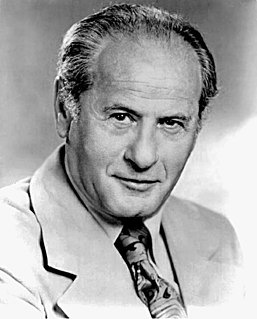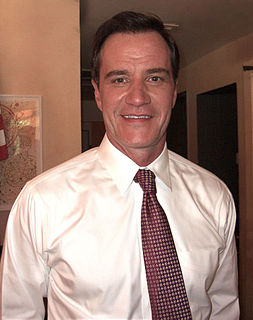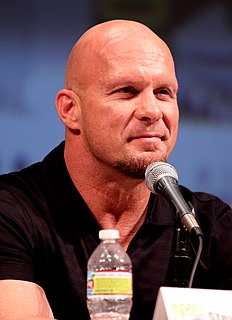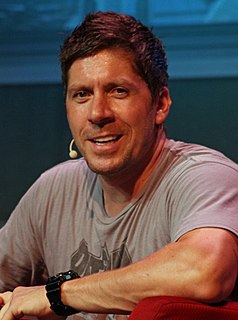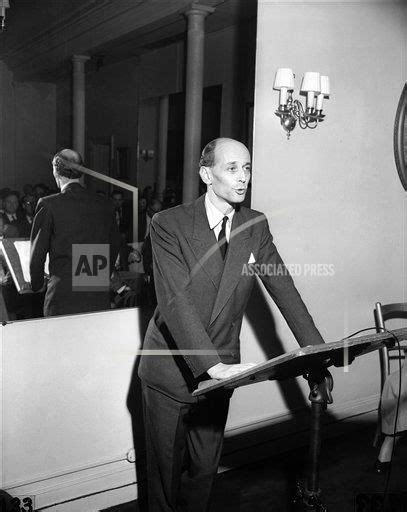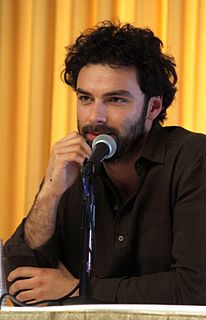A Quote by Eli Wallach
Well, I go to the theater today, and its curtain - there is no curtain in this play; the lights go down and go up - and we start. And I live this character for two hours. There are only two of us in the play. And It's a complete experience.
Related Quotes
I've said that I would play anything to do with 'Star Wars.' But really, deep down, I would love to come back as Darth Maul - that's what I want to do. I would go crazy, go mental, lock myself in a cabin, you know. Do the whole 'method' for two or three months, spear-fishing and stuff, just to play the character again.
You know, Kiss can always go on as long as Gene and Paul want it to go on. Static-X is the same way. We're the two founding guys and the two vocalists and the driving force of the band. We can go on as long as we want, as long as the two of us are together. If I ever lost Tony, I'm sure I'd start something else.
At eight o'clock the curtain goes up and that's it, you're out there with yourself, the audience, the other players. There's no "take two" business. You're on. The great thing is the rehearsals, too. When you're bouncing around on film sets and TV sets you don't really get the opportunity to - generally speaking - rehearse much. With theater you're kind of four-to-five weeks locked down in the room with the guys figuring stuff out. It's back to play school.
